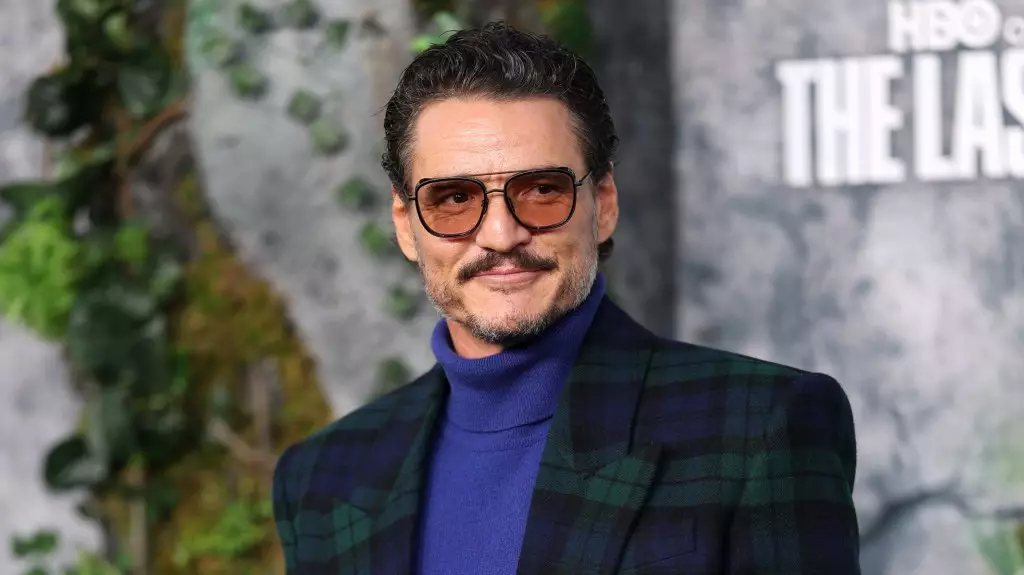Pedro Pascal, renowned for his versatility across various genres, stands at the threshold of yet another monumental role as Reed Richards, or Mister Fantastic, in Marvel’s upcoming film *The Fantastic Four: First Steps*. This production, set to release on July 25, embraces a retrofuturistic twist by situating its narrative in an alternate universe inspired by the 1960s. As a seasoned actor with notable roles in projects like *Game of Thrones* and *The Last of Us*, Pascal reflects on the daunting nature of stepping into such a well-established franchise. He acknowledges that familiarity with genre roles does not diminish the pressure associated with heightened expectations that come from fans and critics alike.
Navigating the Weight of Franchise Expectations
For Pascal, the challenge of embodying a character rooted in comic book lore is particularly daunting. His admission of intimidation resonates with audiences who understand the complexities and responsibilities placed on actors portraying beloved figures. “Every time you think it couldn’t get more intimidating, it does,” Pascal divulges, revealing his internal struggles with upholding the integrity of the character while staying true to his authentic self. Such sentiments echo across various fandoms where there is a deep-seated connection between the source material and its adaptations. The actor’s commitment to authenticity and desire to meet audience expectations highlights an essential aspect of modern storytelling: the balance between nostalgia and innovation.
The Shift Towards Modern Characterization
Alongside Pascal, co-star Joseph Quinn, who brings Johnny Storm to life, offers a fresh lens on character development. The distinct departure from previous portrayals, notably Chris Evans’ version, sheds light on shifting cultural norms and audience sensibilities. Quinn emphasizes that the contemporary reinvention of Johnny Storm aims to navigate the narrative landscape with greater emotional awareness. This shift signifies a broader trend in Hollywood moving away from antiquated stereotypes towards more nuanced portrayals. There is an eagerness to craft characters that resonate with today’s societal values, challenging the notion of what draws audiences and maintaining the heroic essence through relatable growth.
Crafting the Narrative Within a Nostalgic Framework
The decision to set the film during the 1960s also adds a layer of intrigue, marrying the playful aesthetics of the past with modern themes. This unique backdrop allows for creative storytelling that can flirt with the absurd while tackling serious issues. By choosing a retro-futuristic setting, *The Fantastic Four: First Steps* becomes more than just another superhero tale; it turns into a commentary on the evolution of heroism and societal values. In an era where reboots and adaptations dominate the cinematic landscape, the film’s production team takes risks by injecting relevant social reflections into its narrative framework.
In the hands of director Matt Shakman, known for his transitional mastery in projects like *WandaVision*, the film promises a blend of humor and heart amidst thrilling action. The collaboration of Pascal, Quinn, and their co-stars hints at a profound character-driven narrative that is just as entertaining as it is thought-provoking. As the MCU continues to expand its universe, it remains paramount for creators and actors alike to navigate these iconic roles with a blend of reverence and modernity. The journey of these beloved characters, along with the actors embodying them, is a testament to the evolving landscape of storytelling in genre cinema.
